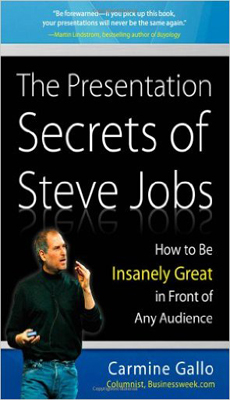Infuse Your Content Marketing with Freudenfruede
“Finding pleasure in another person’s good fortune is what social scientists call freudenfreude,” Juli Fraga writes in Reader’s Digest, “describing the bliss we feel when someone else succeeds even if it doesn’t directly involve us. Freudenfreude can “foster resistance, improve life satisfaction, and help people cooperate during a conflict”.
When it comes to content marketing, it might appear that praising or even recognizing the accomplishments of a competitor is the last thing any business owner or professional practitioner would want to do in their blog content. Yet, competitor-focused content can be some of the most profitable you’ll ever publish, Ramona Aukhraj of IMPACT writes, because prospective buyers need to know you’re aware they have other options, and that you can be trusted to have their best interests in mind. (A side benefit, IMPACT adds, might be that, in writing content about competitors, you’re using keywords that might drive traffic to competitors’ sites!)
Alexander Chua of Kalungi.com agrees that, specifically with B2B blogging, there are good reasons to mention competitors, including showcasing your own confidence, controlling the conversation, and possibly generating mentions of you by those competitors.: Most important, Chua says, is that you’re providing value to your readers.
Still, I couldn’t help thinking, while all these posts mentioned valid and very practical reasons for referring to competitors, none suggested anything approaching the possibility of achieving pleasure at learning about or recognizing competitors’ achievements. The high road is the one to take in blog marketing strategy and tactics development, we try to always remember at Say It For You. As Bing Crosby used to croon, “Accentuate the positive…latch on to the affirmative.”
Where content writers might find – and share with readers, that feeling of “freudenfeude”, I believe, is in celebrating the combined success in an industry or professional field. Your blog becomes a way to educate leads on industry trends and developments, informing readers about “what’s-going-on-and-how-do-we-fit-in”, celebrating how far we (as an industry or profession) have come in terms of both technology and human understanding.
Freudenfreude – it’s all about the “We”.






Follow us online!